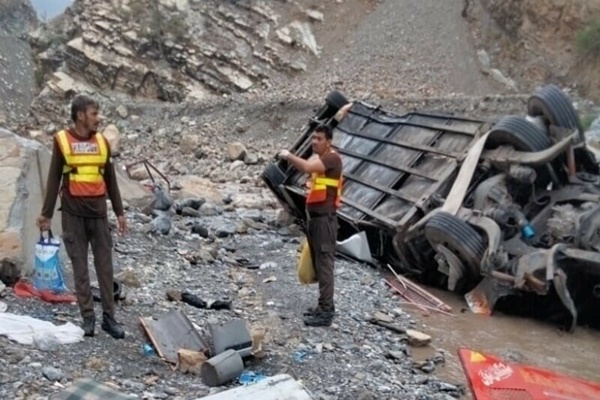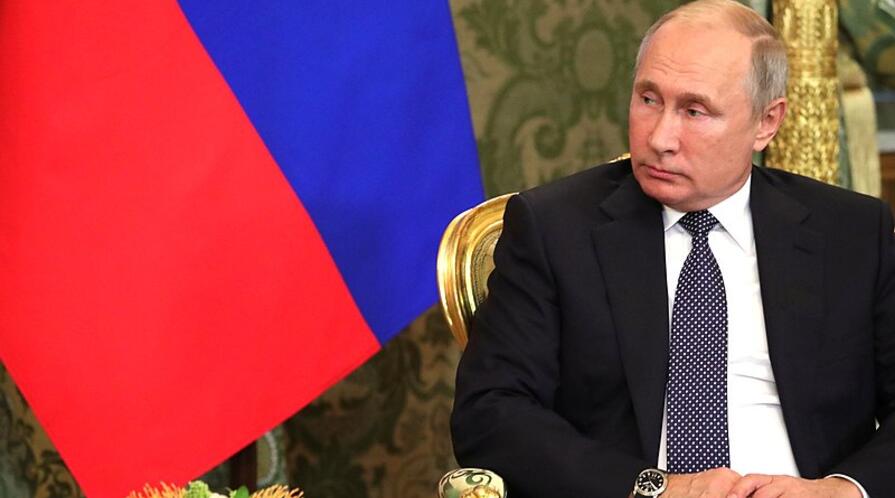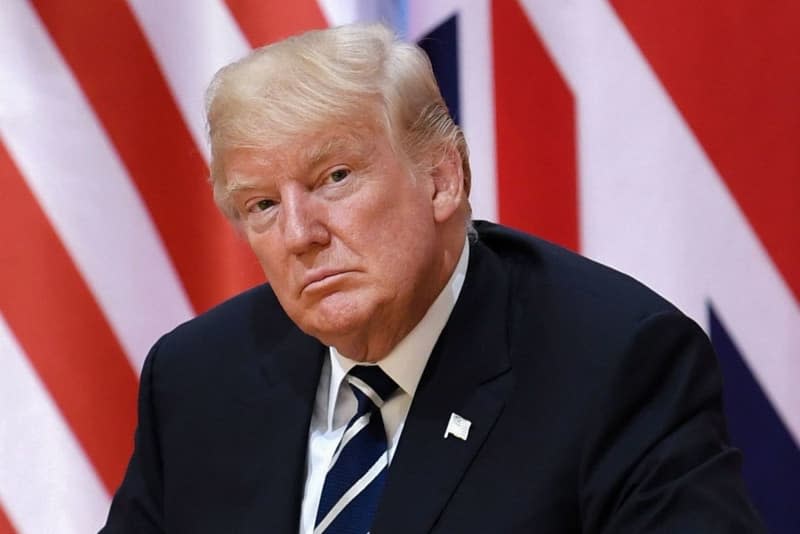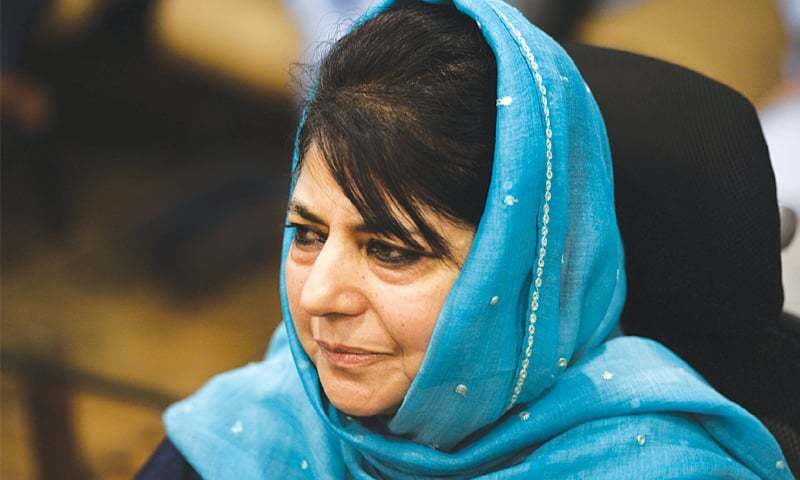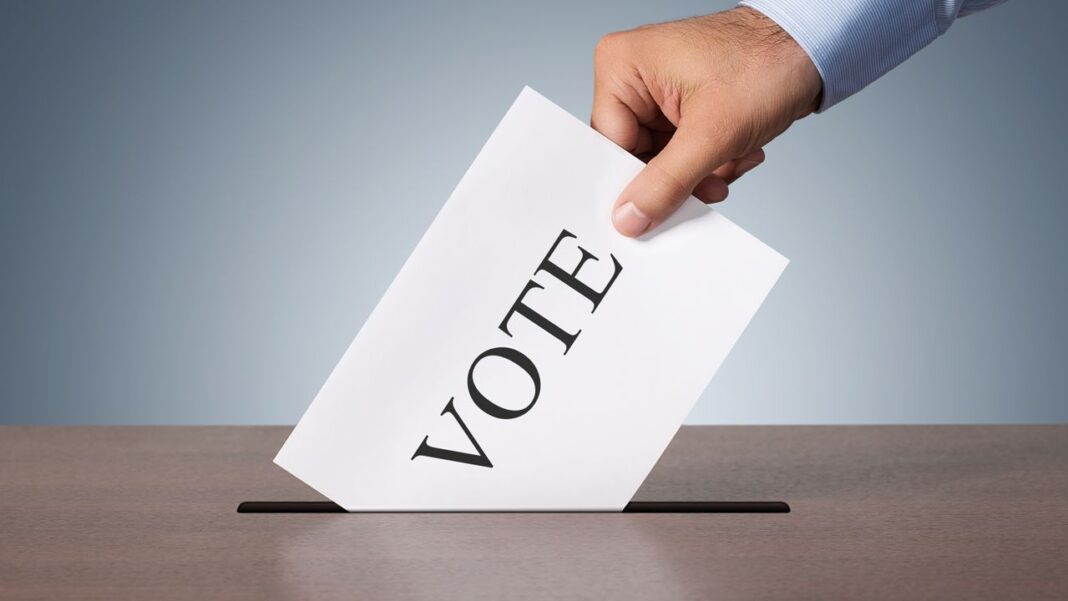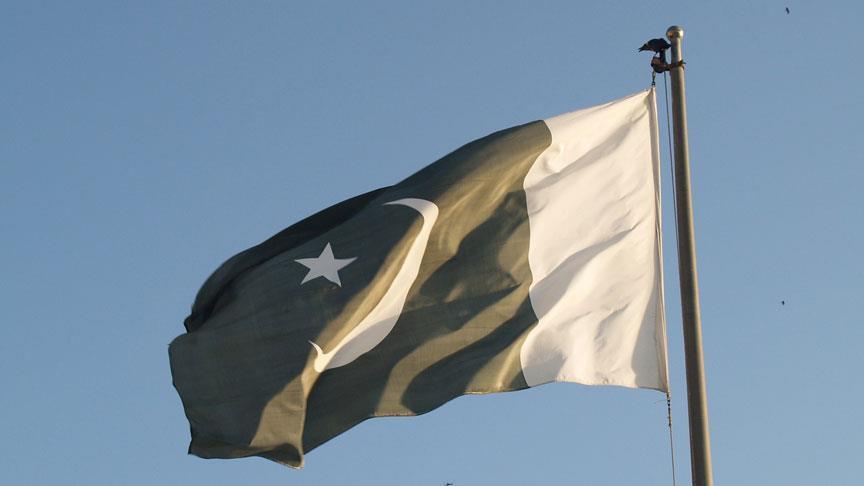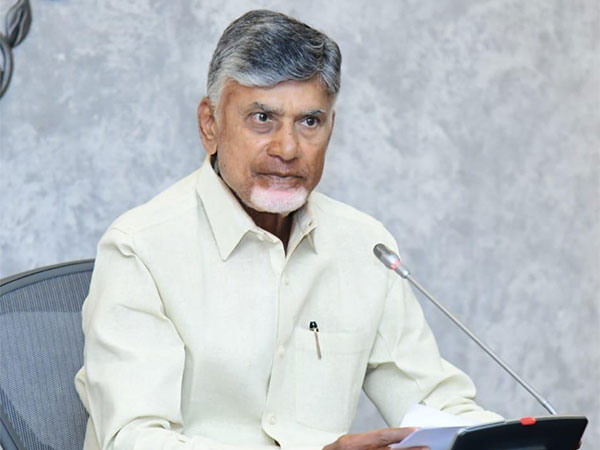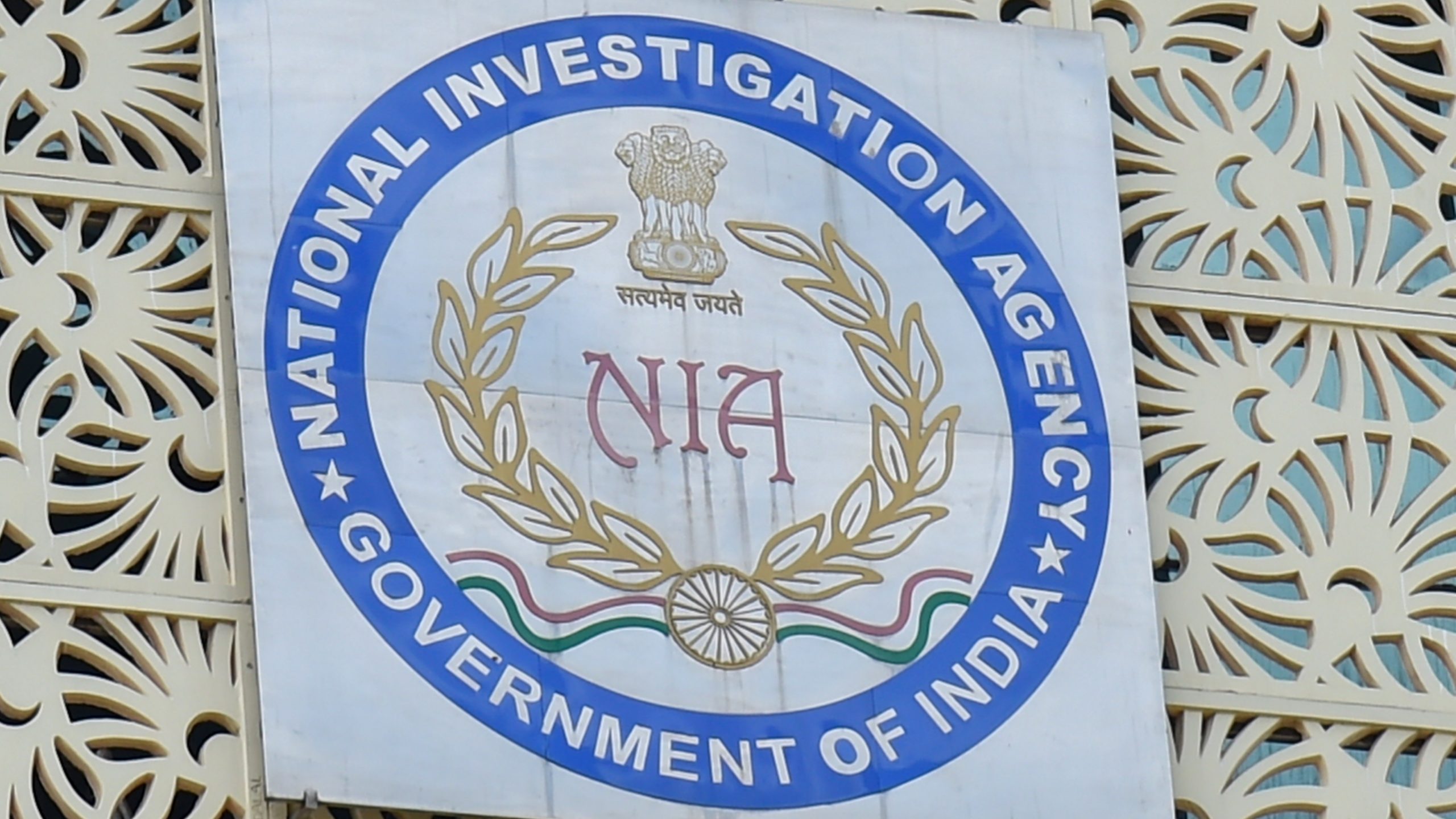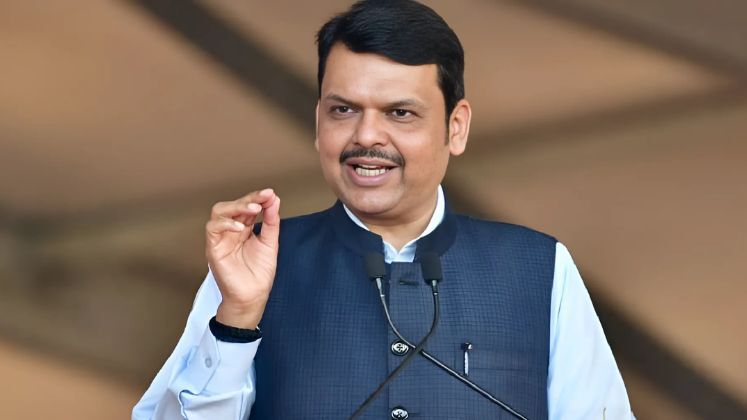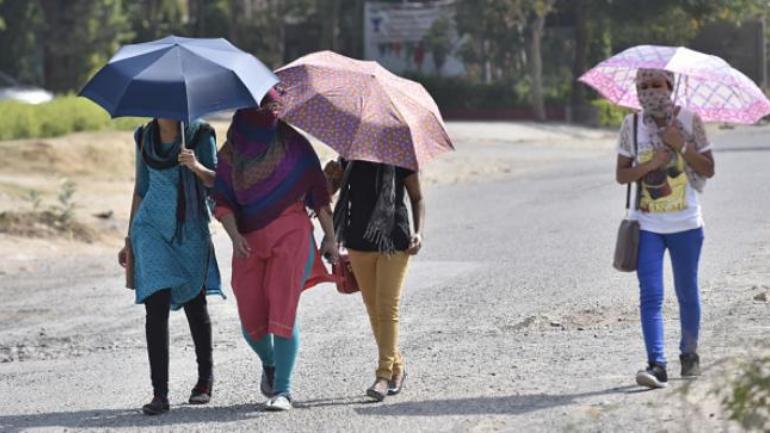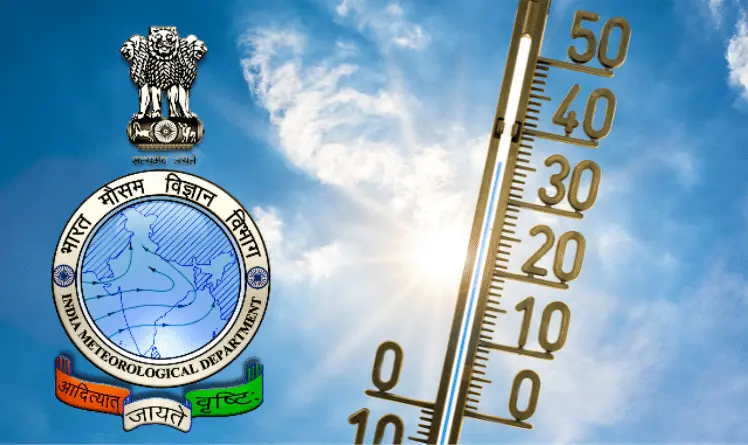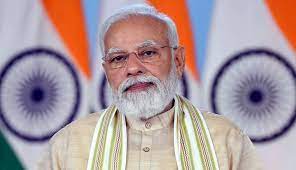Security tightened at major airports world after Brussels blasts
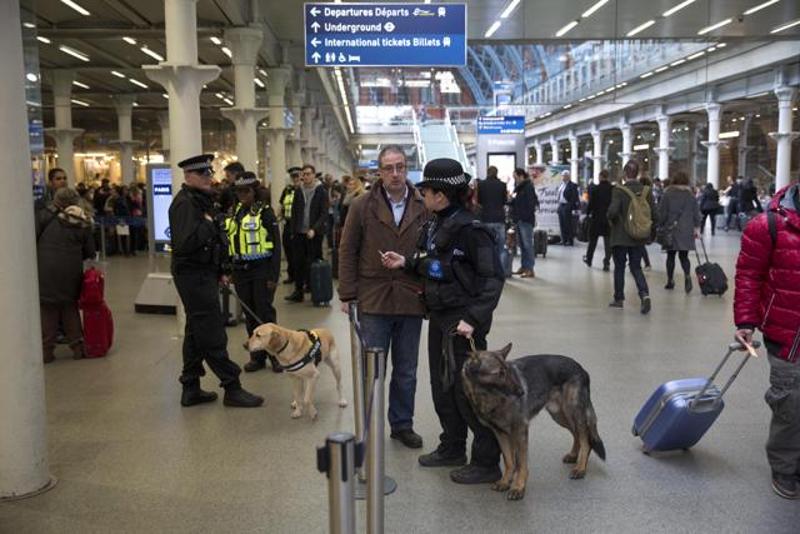
Brussels had no
alarm, but it became one for many other international hot-spots across the
globe.
Following the twin
explosions at Brussels Airport on Tuesday in which more than 30 were killed,
several countries have tightened or reviewed airport security.
While many world
leaders condemned the bombings and expressed their solidarity with Belgium,
Australian Prime Minister Malcolm Turnbull on Wednesday blamed Europe’s porous
borders and lax security for the attack.
Islamic State claimed
responsibility for the bomb attacks in the departure hall of Zaventem airport,
and a rush-hour metro train, killing more than 30.
Prosecutors said the
blasts at the airport, which serves more than 23 million passengers a year,
were believed to be caused by suicide bombers.
Turnbull waded into
the global debate about protecting borders, reassuring Australians that “our
domestic security arrangements are much stronger than they are in Europe where
regrettably they allowed things to slip”.
“That weakness in
European security is not unrelated to the problems they’ve been having in
recent times,” he said in Sydney.
“Two terrorists who
enter the terminal area with explosive devices, this is undoubtedly a colossal
failure,” Pini Schiff, the former security chief at Tel Aviv’s Ben-Gurion
Airport and currently the CEO of the Israel Security Association, said in an
interview with Israel
Radio.
In the United States,
the country’s largest cities were placed on high alert and the National Guard
was called in to increase security at New York City’s two airports.
A United Nations
agency was already reviewing airport security following the downing of a
Russian airliner in Egypt by a makeshift soda-can bomb in October last year.
Islamic State has claimed responsibility for smuggling the bomb on board.
The relative openness
of public airport areas in Western Europe contrasts with some in Africa, the
Middle East and Southeast Asia, where travellers’ documents and belongings are
checked before they are allowed to enter the airport building.
In Turkey, passengers
and bags are screened on entering the terminal and again after check-in. Moscow
also checks people at terminal entrances.
Israel’s Ben Gurion
Airport is known for its tough security, including passenger profiling to
identify those viewed as suspicious, bomb sniffing devices and questioning of
each individual traveller.
Large numbers of
uniformed police officers and National Guard troops dressed in battle fatigues
and carrying rifles patrolled New York’s John F Kennedy International Airport.
Several US carriers - Delta Air Lines Inc, United Continental Holdings Inc and
American Airlines Group Inc - said they cancelled or rerouted flights as a
result of the Brussels attacks.
At mid afternoon,
authorities at the Denver airport evacuated two levels on the west side of the
main terminal after several packages that appeared suspicious were spotted near
ticket counters, airport spokeswoman Stacey Stegman said.
AIMIM News
Latest Urdu News
Most Viewed
Do you think Canada-India relations will improve under New PM Mark Carney?

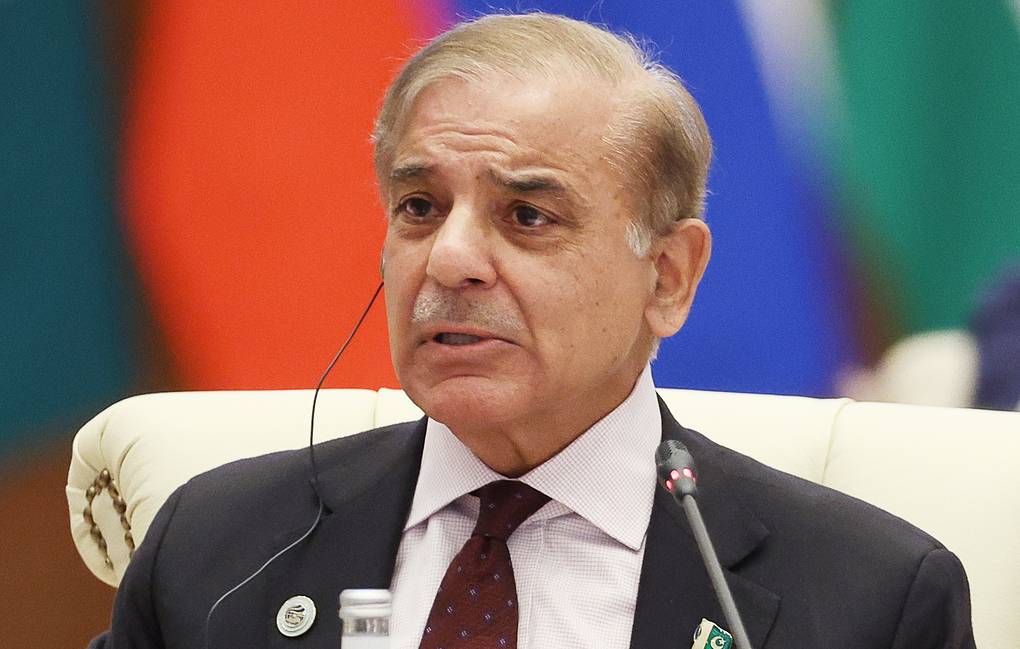
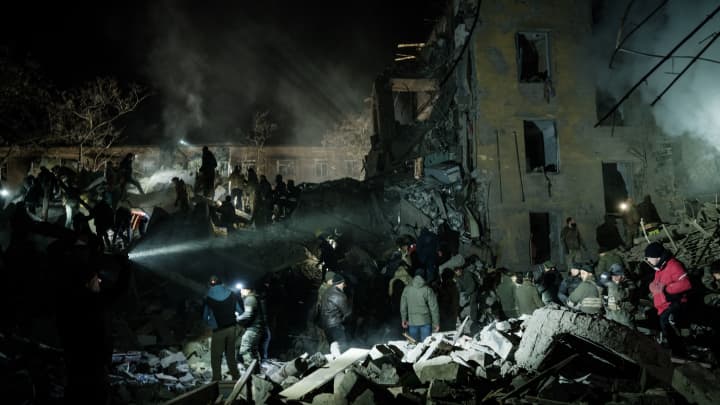
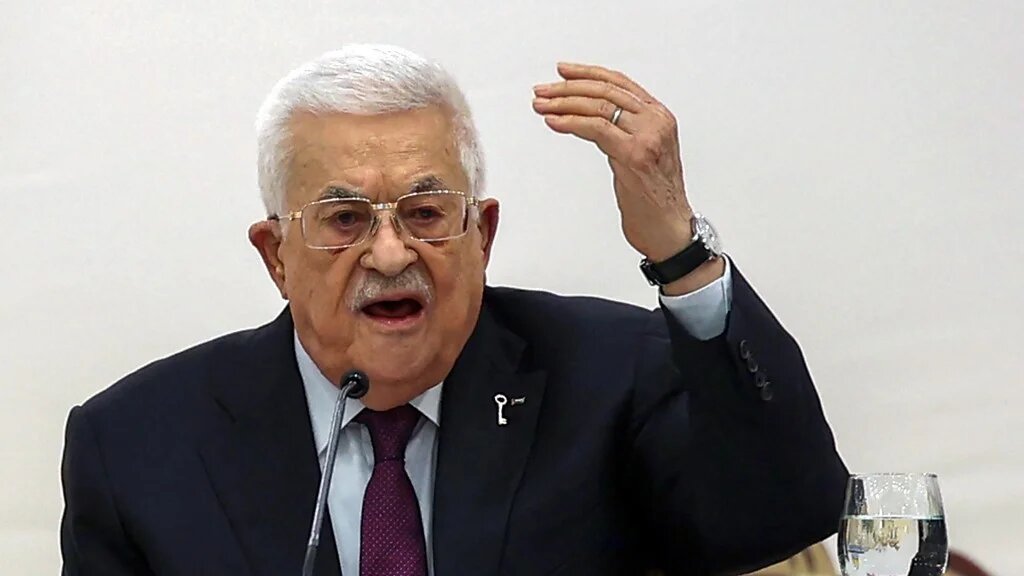
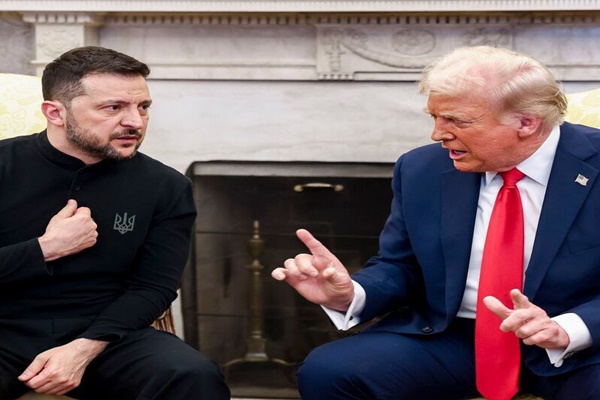
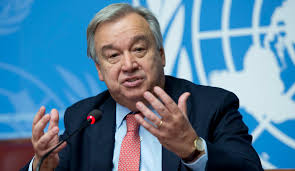
.jpg)
.jpg)

